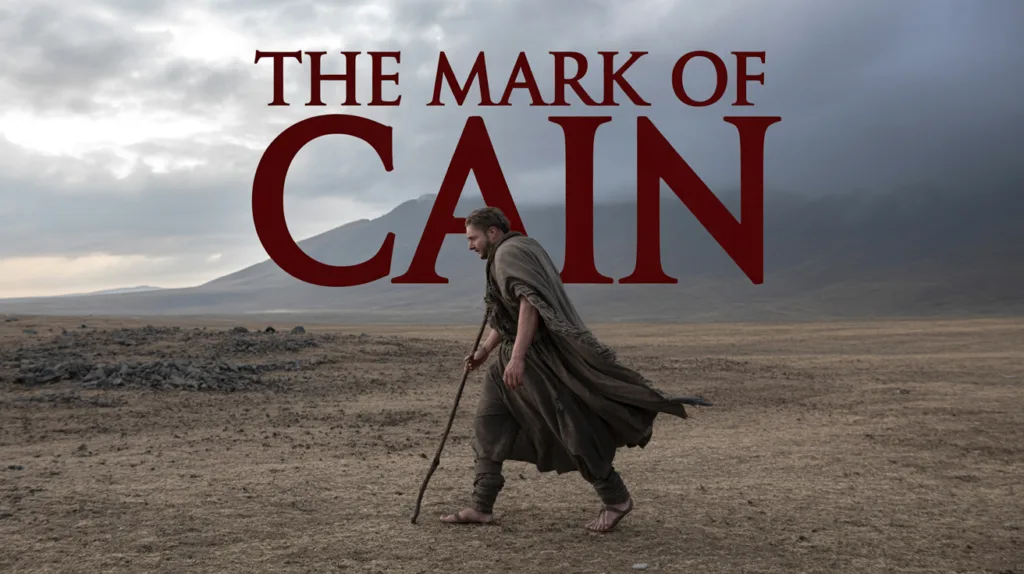Jesus talked to the woman at the well to reveal the gospel’s reach beyond cultural, moral, and social barriers. She was a Samaritan, a woman of questionable reputation, and an outcast in her own community, yet Jesus offered her truth, dignity, and eternal life. His conversation with her demons/”>demonstrated that salvation is for all who will receive it by faith.
John records the encounter:
“A woman of Samaria came to draw water. Jesus said to her, ‘Give Me a drink.’”
(John 4:7)
This simple request broke several norms. Jews did not associate with Samaritans, and men did not initiate conversation with women publicly, especially not rabbis. Yet Jesus initiated with compassion and purpose.
The woman questioned His approach:
“How is it that You, being a Jew, ask a drink from me, a Samaritan woman?”
(John 4:9)
Jesus responded by shifting the conversation to spiritual matters:
“If you knew the gift of God, and who it is who says to you, ‘Give Me a drink,’ you would have asked Him, and He would have given you living water.”
(John 4:10)
He exposed her need, not just for physical water, but for the living water of eternal life. He revealed her sin:
“You have had five husbands, and the one whom you now have is not your husband…”
(John 4:18)
Yet He did not shame her. He offered truth and grace, leading her to recognize Him as the Christ:
“The woman said to Him, ‘I know that Messiah is coming…’ Jesus said to her, ‘I who speak to you am He.’”
(John 4:25–26)
Following this experience, she became a great witness:
“Come, see a Man who told me all things that I ever did. Could this be the Christ?”
(John 4:29)
Jesus spoke to her to show that no one is too far gone, too unclean, or too excluded for the gospel. His mission was to seek and save the lost, including those others rejected.





 Get the book that teaches you how to evangelize and disarm doctrines from every single major cult group today.
Get the book that teaches you how to evangelize and disarm doctrines from every single major cult group today.